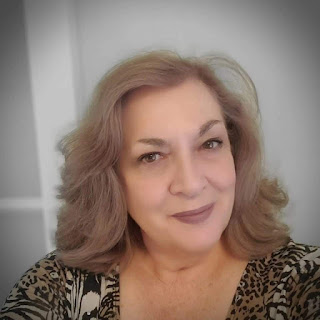
In the critique groups I belong to, members constantly talk about the unwritten rules of writing. "Don't start a scene with dialogue." "No head-hopping." "Get rid of passive voice." "Lose the dialogue tags." "No back story in the first few chapters."
I've read at least six bestsellers this year, which break every one of these rules, from established authors and those just beginning their careers.
The latest book I'm reading has at least seven characters, so far, all narrating in first person. When I started submitting Sultana, which was originally four characters in first person, much of the advice I received from the crit group was that a first person story with four main characters was too confusing. Even though I identified each character at the opening of the chapter. So, I was very curious to see how a best-selling author would handle multiple characters in first person. I've found only one character in the novel distinct from the others. Yet, this is a best-selling book.
It seems clear if a writer is clever enough or well-known, he or she can get away with breaking the rules. What does it mean for those of us who are unpublished? Do the rules still apply?






